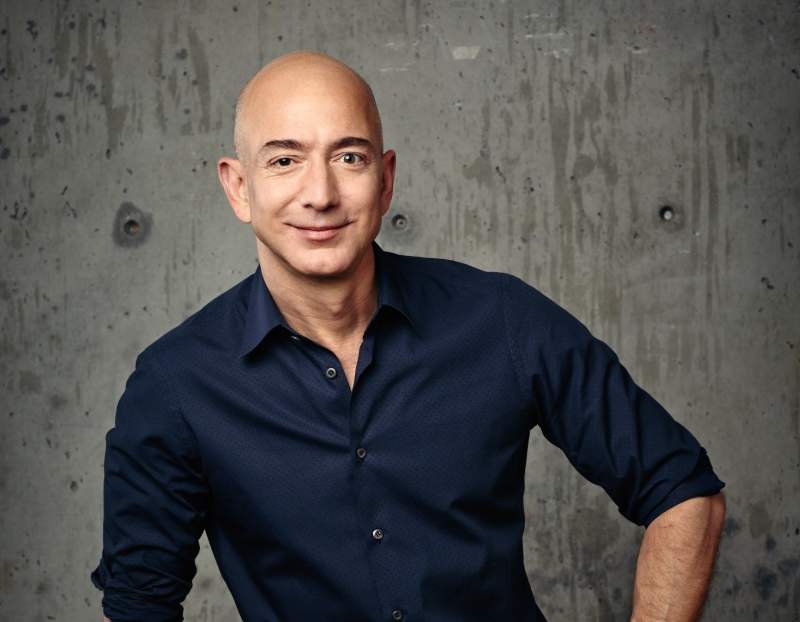In July 1994, Jeff Bezos founded the American electronic commerce and cloud computing company, Amazon. Since then the company has surpassed Walmart as the most valuable retailer in the US by market capitalization, with an annual revenue of nearly $180bn.
Amazon’s significant growth during the last several years has been particularly of interest to the healthcare industry. In 2016, the US spent $3.3tn or $10,348 per person on healthcare. As a share of the nation’s GDP, healthcare spending accounted for 17.9%, the largest portion of GDP for healthcare spending for a country in the world.
Even though healthcare spending is indisputably high in the US, patient outcomes are not as positive as they ought to be. The US ranks 31st in the world in average life expectancy (79.3 years), 12th in the world for health coverage rate (90.9%), and first in the world for number of deaths per 100,000 from preventable diseases or complications had adequate healthcare been available (112).
The most commonly attributed cause to the US’s average healthcare is patient access. Outcomes could be significantly better if patients had more frequent access to healthcare providers and were better educated on healthier lifestyles. By focusing on preventative measures, patients would benefit in the long run and minimise the risk of developing chronic diseases.
Raising healthcare standards in the US
Australia, Canada, Japan, Sweden, Switzerland and Great Britain are examples of countries that have universal healthcare coverage, with the government backing up patient healthcare costs. In a country like the US, where the economic foundation lies in capitalism, difficulties arise in unifying healthcare delivery practices across the country. With a wide variety of private insurance companies and federal medical spending programs, the US has an extremely complicated network of connecting patients with providers.
A solution could be to move toward universal healthcare like the aforementioned countries, so that all patients would have adequate healthcare coverage and access to medical attention. However, that would mean dissolving multibillion-dollar private insurance companies, an idea that would not go well with the companies themselves, and the pharmaceutical, healthcare and business companies in which they are deeply invested.

US Tariffs are shifting - will you react or anticipate?
Don’t let policy changes catch you off guard. Stay proactive with real-time data and expert analysis.
By GlobalDataThe currently acceptable solution is for companies to figure out ways to navigate the complex US healthcare system so that it is easier to connect providers with patients. In June 2018, it was announced that Dr. Atul Gawande, attending physician at the Brigham & Women’s Hospital and world-renowned author of several notable healthcare works, started as CEO of the healthcare venture from Amazon, Berkshire Hathaway and JPMorgan Chase.
Ideally, it is hoped that this venture could be a facilitator for many innovations, bringing down the overall cost of care while improving health outcomes. Amazon has already shown the world that it can deliver products to consumers at an extremely fast rate. With a strong product delivery model, a powerful online platform, and their artificial intelligence interface, Alexa, it is expected that Amazon will make huge strides in reducing wasteful spending in chronic disease management, over-utilization of primary care, and pharmaceuticals.




